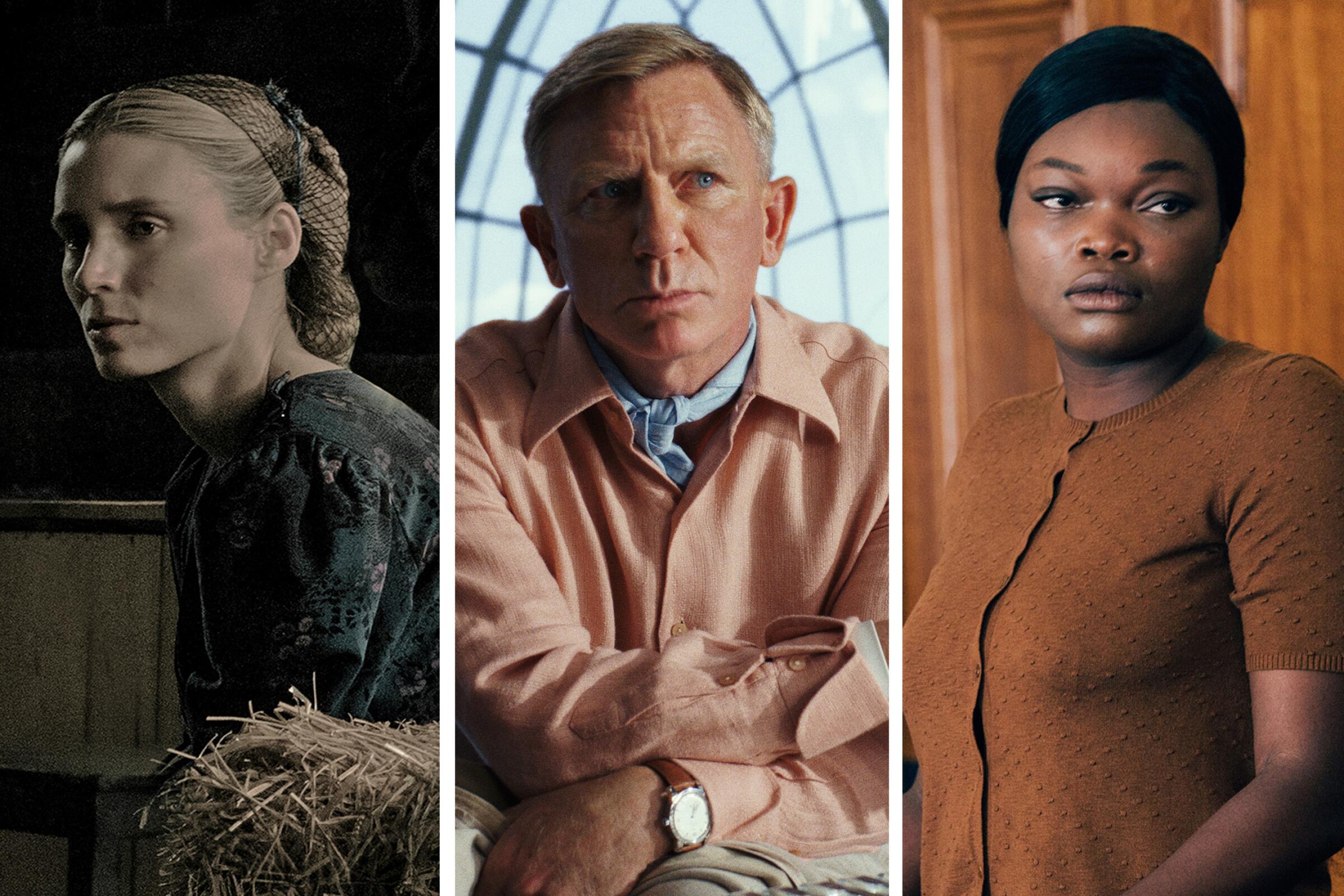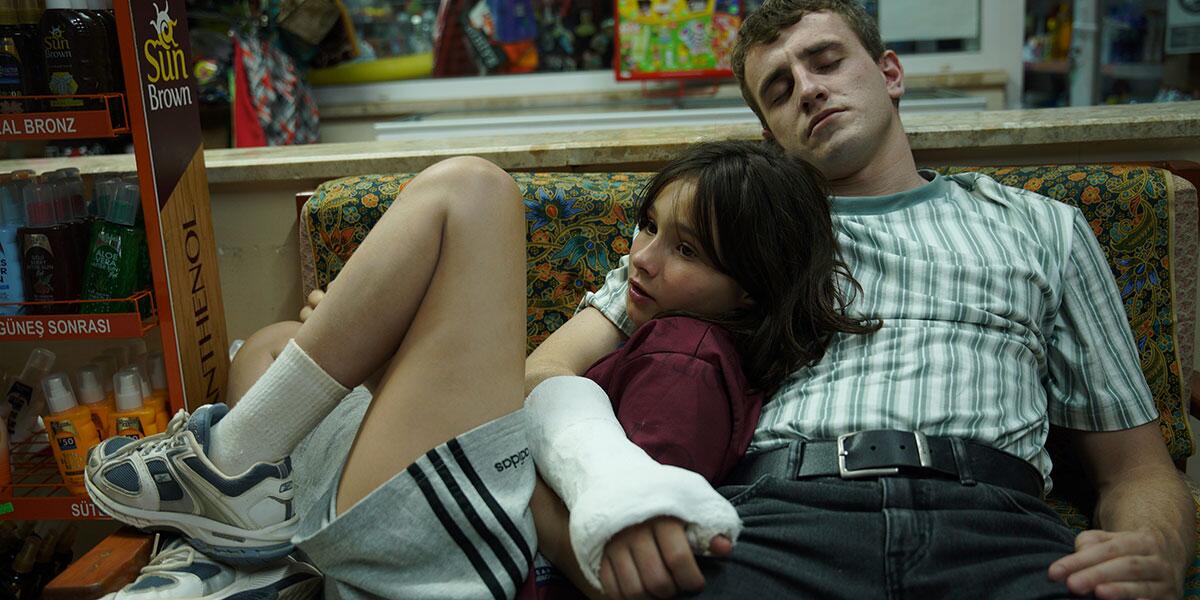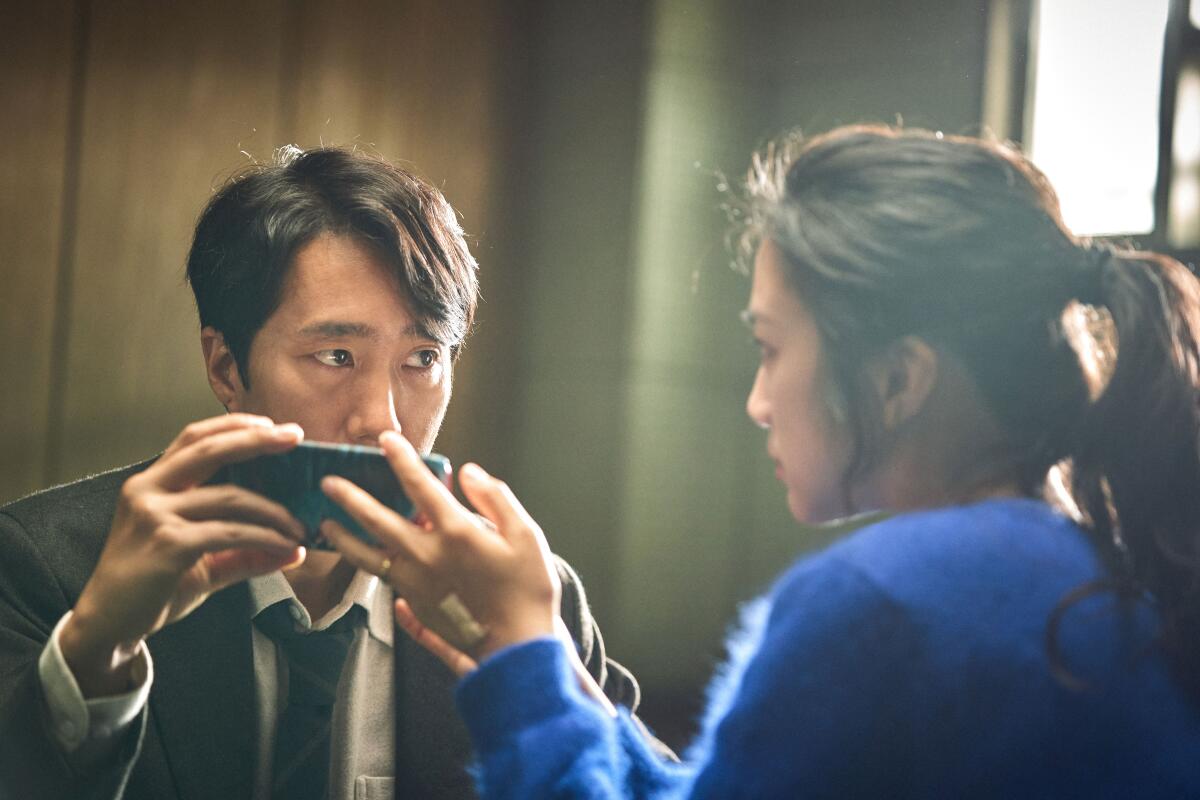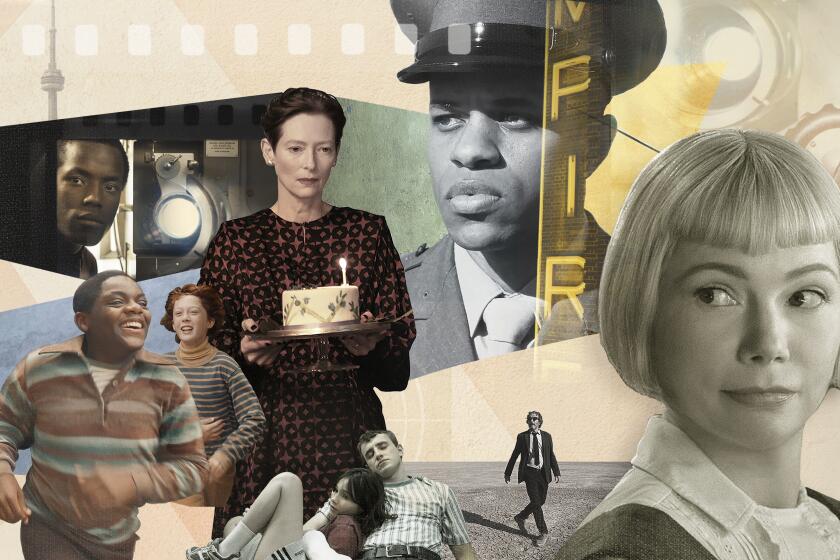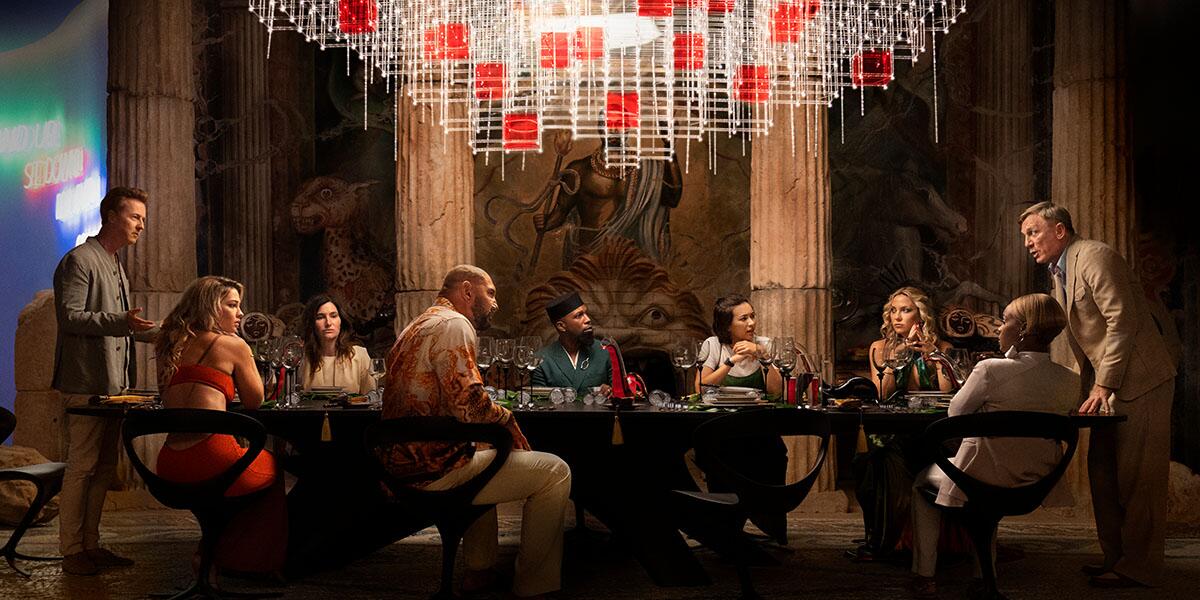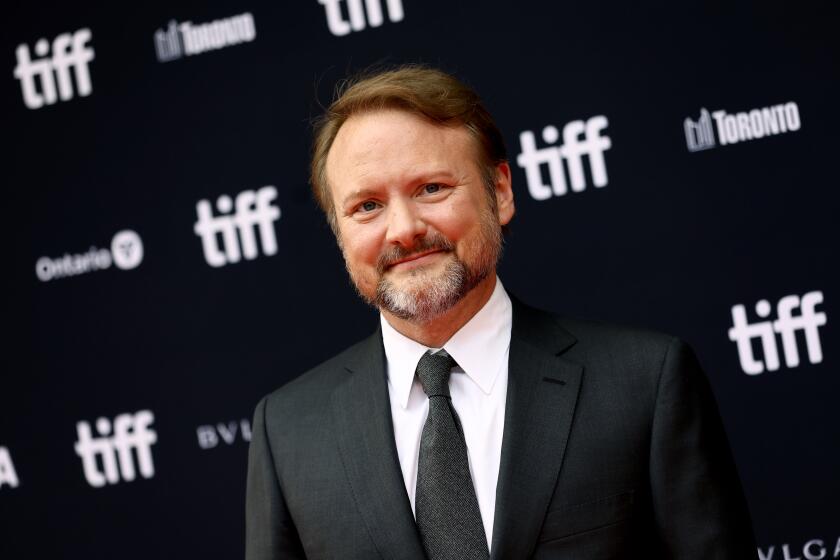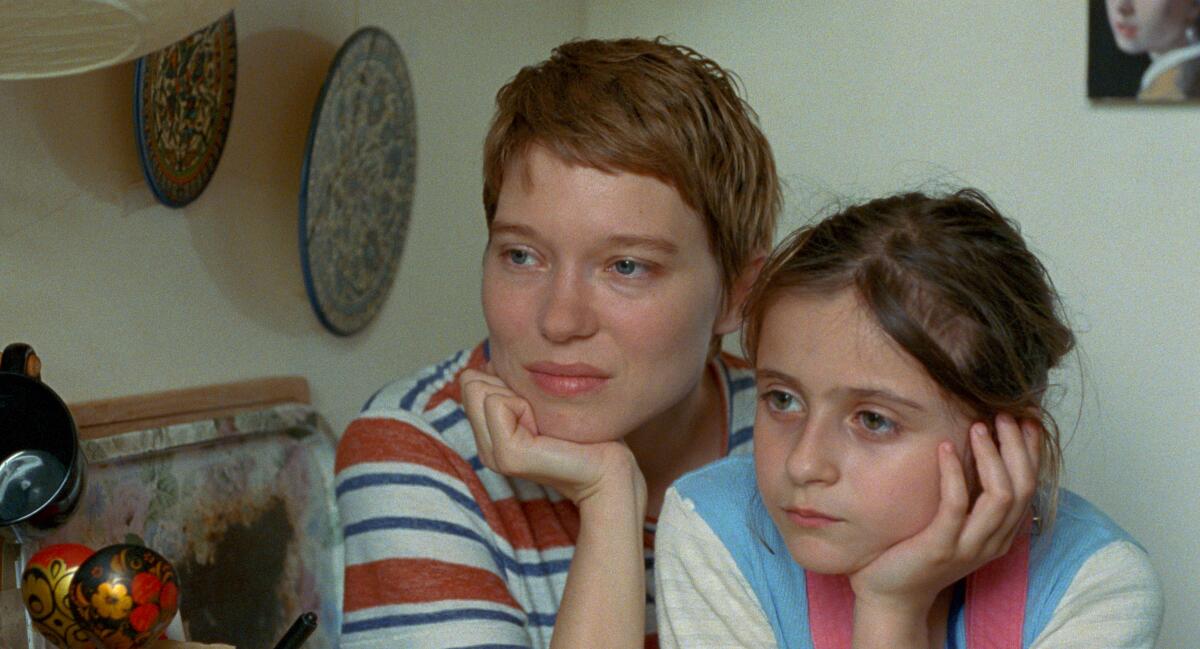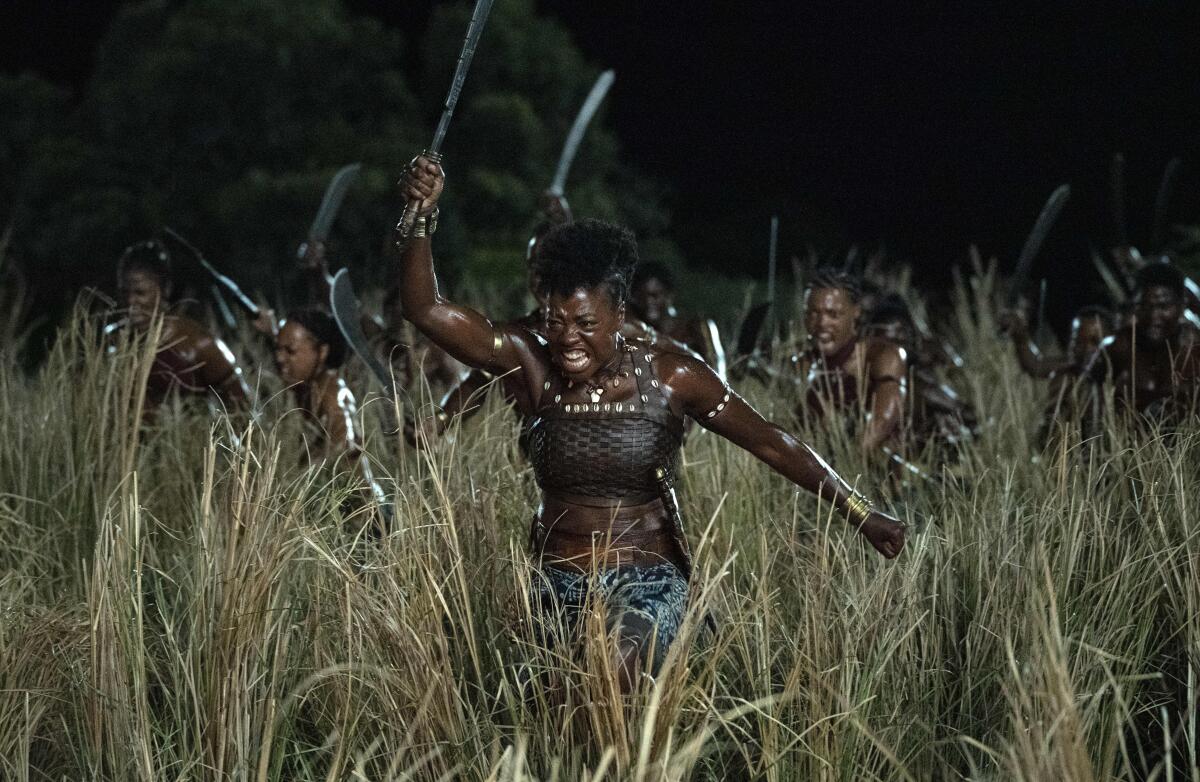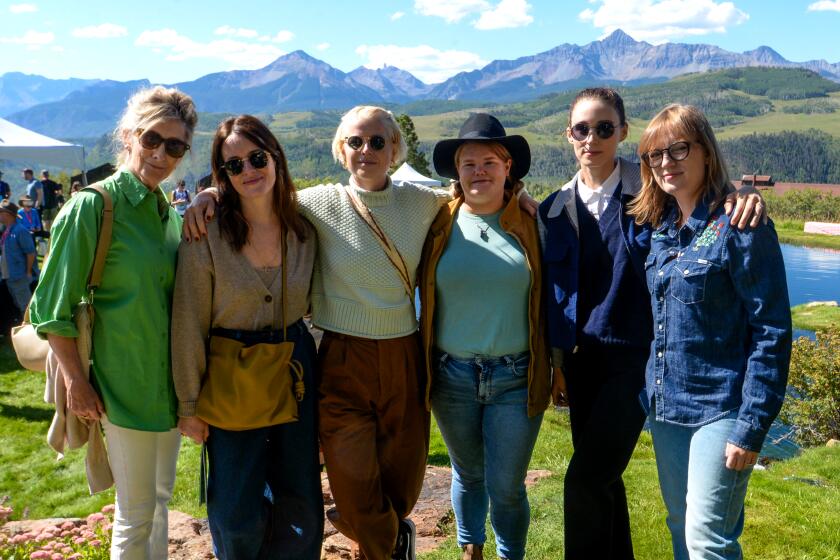It was like a muscle memory, quick to come back. That feeling of hustling from theater to theater, waiting in lines and just being surrounded by other people that used to be an annual tradition as part of the Toronto International Film Festival but for many longtime attendees has been on hold since 2019.
The festival returned with a full-throated program of awards hopefuls, favorites from other fests and other assorted titles from around the world. As the mass of media made the way from one premiere to the next, sometimes shuffling out of a theater only to line back up for the next show in the same venue, it was still easy for movies to get lost in the undertow of so many screenings and events happening. Cannes winner “Triangle of Sadness” and Sundance winner “Nanny” both played well to audiences in the room but didn’t generate a lot of media attention simply because it wasn’t their moment to truly shine.
Even people who didn’t actually have feature films in the program still wanted to get in on the act. Taylor Swift appeared for a conversation along with her Oscar-eligible short film “All Too Well.” Damien Chazelle sat for a career-spanning conversation that included the premiere of the trailer for his not-yet-finished epic of Hollywood in the ‘20s, “Babylon,” due for release in December.
Darren Aronofsky’s “The Whale,” starring Brendan Fraser, arrived from its Venice premiere as arguably the most divisive film of the festival, with critics seemingly split on whether it was earnestly heartfelt or simplistically narrow-minded in its story of an obese man attempting to reconnect with his estranged daughter. Other notable films either world premiering in Toronto or arriving from other festivals included Florian Zeller’s “The Son,” Marie Kreutzer’s “Corsage,” Nicholas Stoller’s “Bros,” Michael Grandage’s “My Policeman,” Lila Neugebauer’s “Causeway,” Jerzy Skolimowski’s “EO” and Elegance Bratton’s “The Inspection.”
Below are five picks each from members of The Times’ on-the-ground coverage team in a mix of personal favorites and titles that simply cannot be overlooked from this year’s event.
